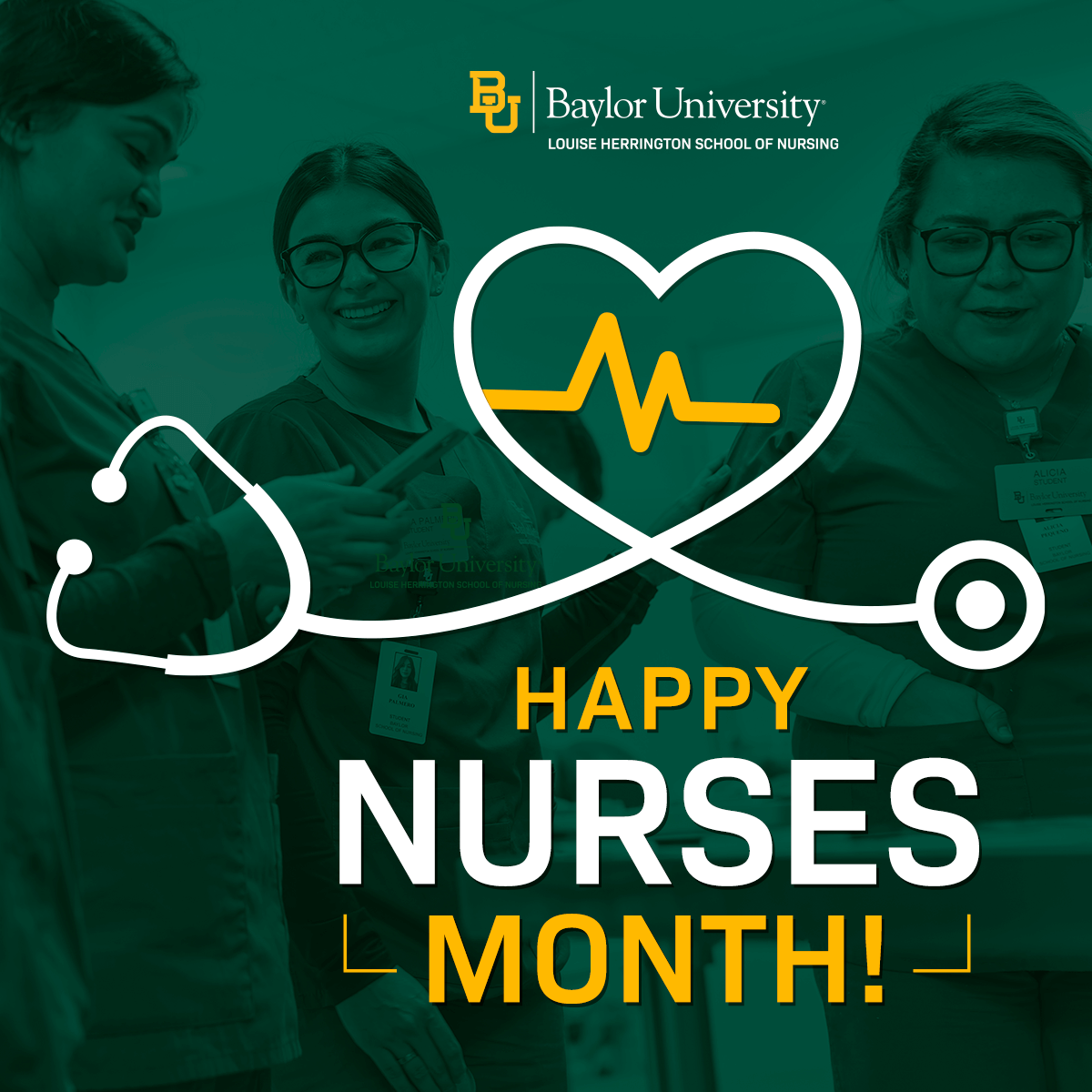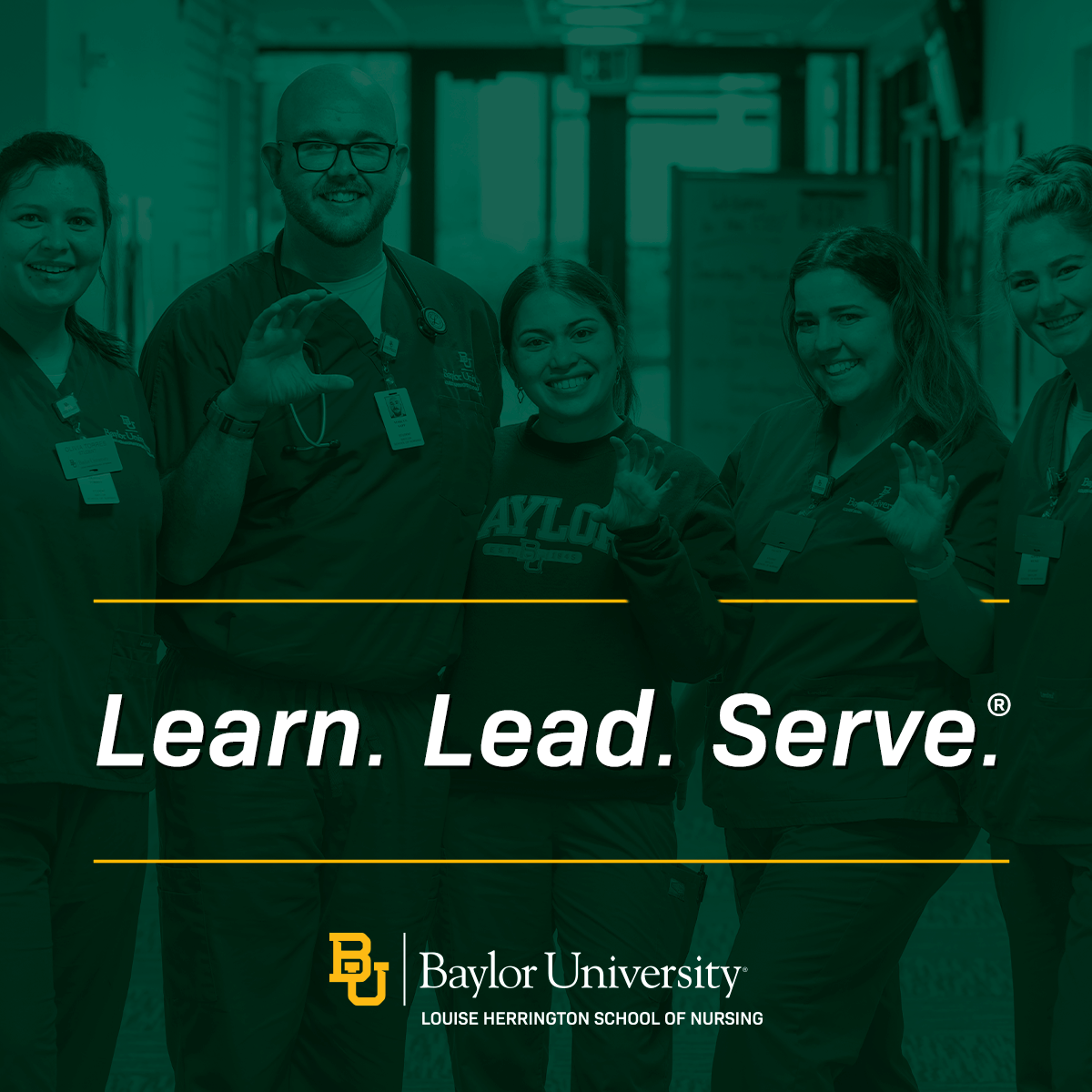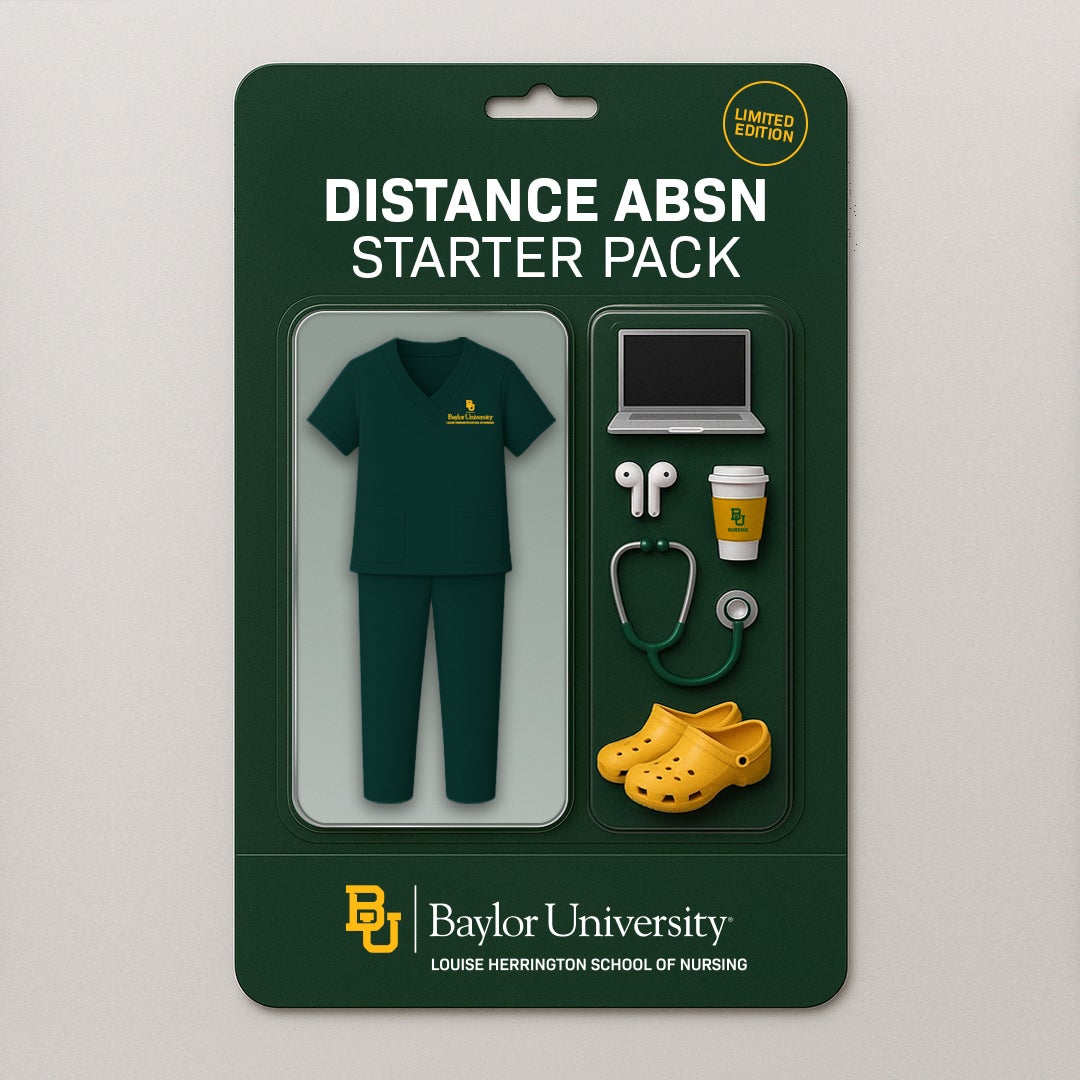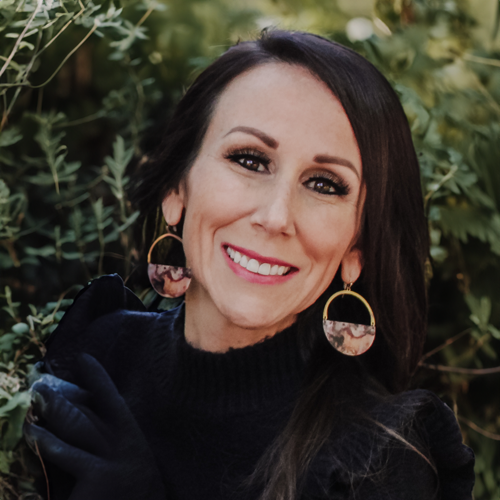Thank You, Nurses.
Serve with care. Shine your light.
At Baylor University, we honor the impact you make every day as a nurse–from your patients to your colleagues to your surrounding community. This Nurses Month, we’ve put together a list of resources, discounts, inspirational stories, and more to celebrate the incredible work you do. We encourage you to reflect on your journey, celebrate your strength and resilience, and honor the difference you have made as a healthcare professional.
Hope is the light all nurses spread. Thank you, nurses, of today and tomorrow.
Florence Nightingale
"May we hope that, when we are all dead and gone, leaders will arise who have been personally experienced in the hard, practical work, the difficulties, and the joys of organizing nursing reforms, and who will lead far beyond anything we have done.”
The Impact of Nurse-Midwives and Nurse Practitioners (NPs)
Nurse-Midwives and Nurse Practitioners (NPs) have been working for more than five decades as frontline leaders in nursing, improving patient access and quality care. As advanced practice nurses, NPs have increased autonomy, more authority, and a greater breadth of expert clinical skills and knowledge.
The development of the NP role has prompted nurses to help bridge gaps in healthcare delivery, especially in primary care.
- There are more than 349,000 NPs licensed in the U.S.
- All NPs worked as RNs first, where their treatment of patients included holistic and wellness care
- 88.9% of NPs are certified in an area of primary care
- NP is ranked as #1 in Best Health Care Jobs, #1 in 100 Best Jobs, and #1 in Best STEM Jobs by U.S. News and World Report
- NPs can expect a bright job outlook of 40% through 2033–much faster than average, with a median pay of over $129,000 per year according to U.S. Bureau and Labor Statistics (BLS)
- As of December 2020, there were 12,805 Certified Nurse-Midwives (CNMs) and 119 Certified Midwives in the United States. (Source)
- Studies show that, in hospital settings, people who have midwives are less likely to have cesarean deliveries, commonly known as C-sections, or episiotomies, and people who birth with nurse-midwives are more likely to breastfeed and less likely to experience a perineal laceration during birth. (Source)
Baylor Distance ABSN Students
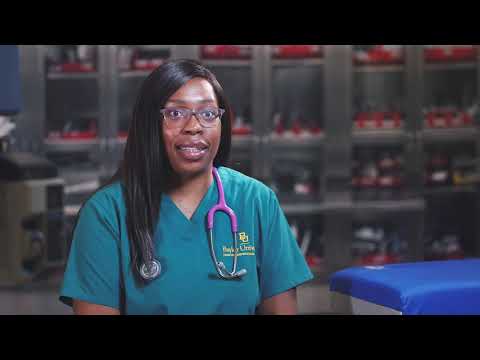 Ebony Crawford
Ebony Crawford
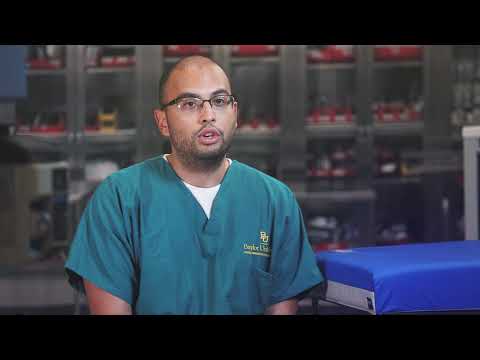 Ansel Graham
Ansel Graham
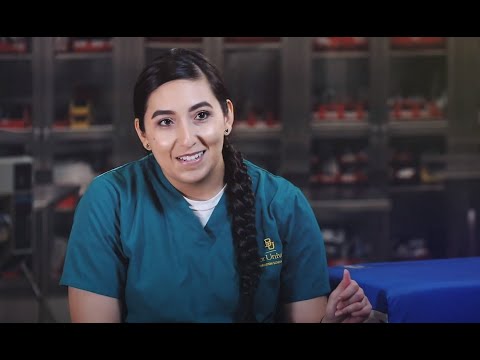 Mariah Sauceda
Mariah Sauceda
“I really felt that the teachers were not only interested in my growth professionally, but spiritually. Baylor's a great program and they're known throughout the country, throughout the world, and I really wanted to be a part of that.” – Brandy Salazar, Distance ABSN Student
“The faculty and staff here, they all care & want you to do well, and they are truly invested in making sure that your experience is one that will result in you being a Baylor nurse.” –Ansel Graham, Distance ABSN Student
Baylor Online DNP Students
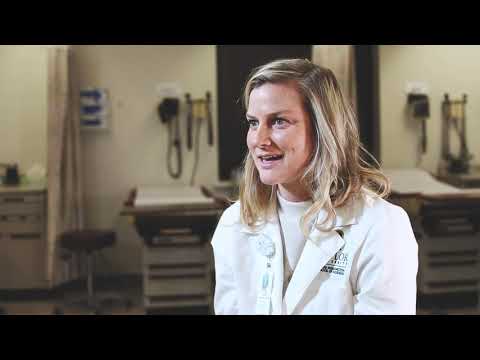 Rachel Carmichael
Rachel Carmichael
 Lucinda Bush
Lucinda Bush
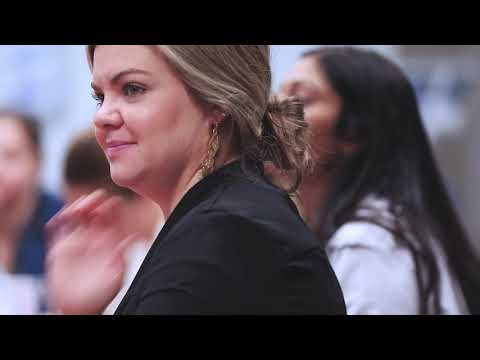 Abagael Slattery
Abagael Slattery
“My favorite part of being a nurse is the fact that I get to couple ministry with medicine… to be able to take care of people first, to share the hope of the Gospel, and to offer them hope in the midst of some of life’s hardest moments.” – Rachel Carmichael, DNP-FNP student
“I have always looked for ways to make processes and structures better for nurses and patients… part of being a professional nurse is continual learning and education. I want to be educated at the highest level of my profession.” –Tami Taylor, DNP-ENL Student
Nursing Career Support
At Baylor University, we celebrate nurses all year-round. We’re here to support you on your nursing journey–from admissions to clinical placement to graduation.
There are countless reasons why you’ll thrive as a Baylor nurse. Here are just a few benefits of being an online LHSON student:
- We'll collaborate with you to find a preceptor match and secure clinical site placements that align with your area of study.
- We’ll handle all necessary documents and clearance requirements for your clinicals
- You’ll be supported throughout your program by a dedicated Student Success Coach
- You’ll receive a holistic, academically robust, and spiritually enriching education to ensure success in your next nursing role
For bachelor’s degree holders who want to pivot to a more fulfilling career
For registered nurses with a BSN or MSN who want to shape the future of nursing
A Nurses Month Message from Baylor University
What does it mean to be a nurse? It means the world to your patients, your community, and to us. In recognition of Nurses Month, we created this video celebrating nurses of today and tomorrow. Thank you, Baylor Nurses!
Let’s Get Social
Join us in celebrating nurses worldwide. Share these Nurses Month social media graphics to spread awareness and show your support.
Be sure to use the hashtags #NursesMonth2025 #BaylorNursing #ThankYouNurses
Social Downloads
Click the image to view full-size. Desktop users: right click the thumbnail image below and select “Save link as…” to save.
Virtual Background
Click the image to view full-size. Desktop users: right click the thumbnail image below and select “Save link as…” to save.

Sources
- https://www.reference.com/world-view/percentage-lives-spent-working-599e3f7fb2c88fca
- https://nationaltoday.com/national-nurses-day/
- https://www.journalofnursingregulation.com/article/S2155-8256(21)00027-2/fulltext
- https://www.bls.gov/careeroutlook/2020/article/careers-for-nurses-opportunities-and-options.htm
- https://www.bls.gov/ooh/healthcare/home.htm
- https://www.bls.gov/ooh/healthcare/registered-nurses.htm
- https://oaapn.org/2020/06/nurse-practitioners-at-a-glance/
- https://oaapn.org/2021/06/np-fast-facts/
- https://money.usnews.com/careers/best-jobs/nurse-practitioner
- https://www.aanp.org/about/all-about-nps/np-fact-sheet
- https://money.usnews.com/careers/best-jobs/nurse-practitioner
- https://www.bls.gov/ooh/healthcare/nurse-anesthetists-nurse-midwives-and-nurse-practitioners.htm










